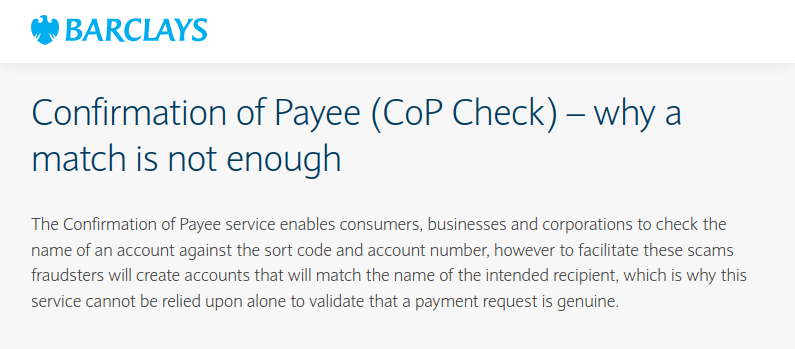Lloyds Bank sees a 29% rise in sophisticated Conveyancing Fraud
Lloyds Bank has seen a significant rise in conveyancing fraud scams, with a 29% increase in the number of scams being reported. The average loss was £47,000 - dwarfing the losses from other types of fraud such as romance and investment scams.
More commonly known as Friday Afternoon Fraud or Authorised Push Payment (APP) fraud, the sophisticated way in which frauds are being carried out has enabled criminals to get away with large amounts of money - over £250,000 in several cases.
To enable the fraud, criminals are communicating with law firm clients by email. They send emails that appear to come from the law firm, and provide a false set of bank details for the client to make payments to.
In one fraud story shared by Lloyds, the strategy taken by the criminals is designed to maximise their chances of successfully stealing money:
- Rather than having the client make a large payment straight away, the criminals ask the client to send a smaller amount first
- The criminals can now confirm to the client that their initial payment has been received, providing reassurance for the client that their money is in safe hands
- By requesting a smaller payment before a larger payment, there is more likelihood of the larger payment getting past banking anti-fraud measures than if it were made straight away
Greater Risk to First Time Buyers
With Around 45% of victims under the age of 40, first-time buyers may be at particular risk from Conveyancing Fraud, according to Lloyds. Whilst law firms generally make their clients aware that they will not change their bank details during a course of a transaction, arguably more could be done to educate clients about conveyancing fraud.
Fake Bank Accounts in the name of the Client
Alongside the growing risk of conveyancing fraud, Barclays bank has also highlighted the risk of bank account name checks.

Criminals are now opening accounts in the names of businesses and individuals, so that the name on a bank account matches the name the person expects to see when making a payment.
When bank account name checks can be circumvented, it becomes even more important for law firms and their clients to exchange their bank details securely.
New Fraud Prevention measures delayed until 2025
Sadly, the Bank of England has just recently pushed back the deadline for new fraud prevention measures for property related payments. These measures would likely have made it easier for banks to detect fraud attempts that relate to moving property monies.
Preventing Conveyancing Fraud Today
Law Firms use Safe Capital to both educate their clients about the risks of conveyancing fraud, as well as to exchange bank details securely. Preventing incidences of conveyancing fraud is ultimately an investment in protecting the reputation of your firm as well as your clients money.
To find out more or try our services for free, get in touch.
About Safe Capital
Safe Capital makes it simple for law firms to request, receive or return client money swiftly, safely and securely.
Share & Receive Bank Details Securely- Obtain verified bank account details for each client
- Share your client account bank details securely
- Transfer client money promptly at the end of a matter
- Record your residual balances and take steps to return them
- Automate the process of obtaining bank details from your clients
- Return residual balances easily to your clients
- Swift and secure client payments with one consistent payment workflow for your clients
- Clients can pay by open banking, credit/debit card or manual bank transfer
- Keep client account details away from money launderers and protect clients from payment fraud



